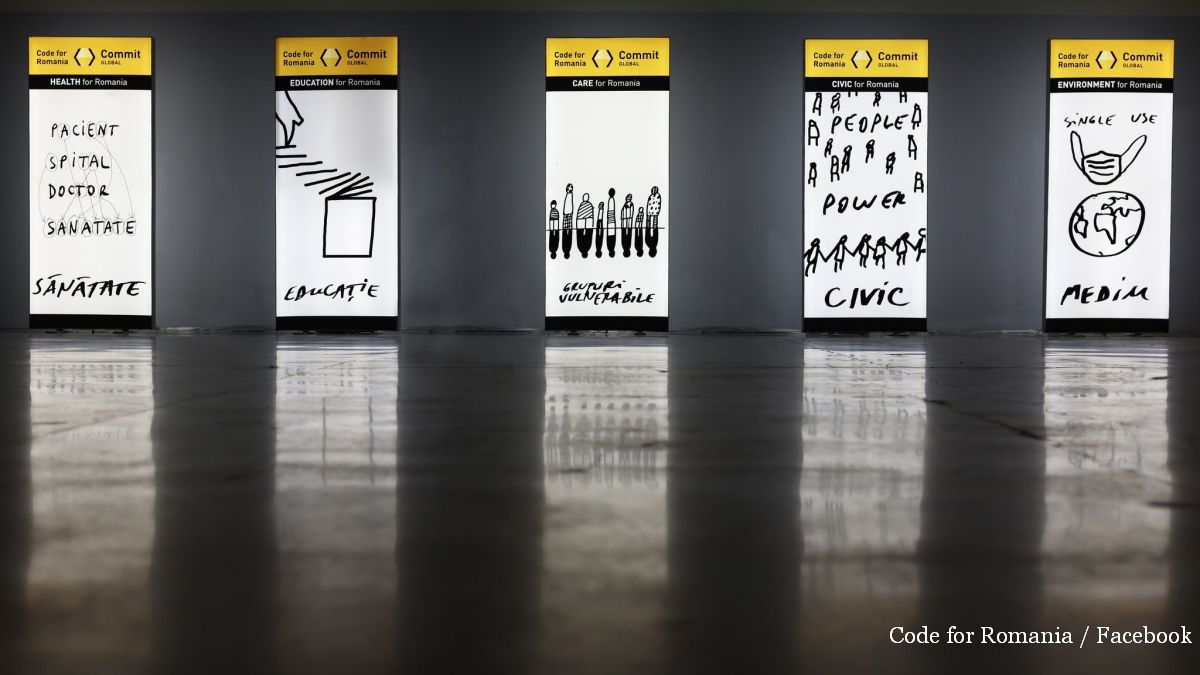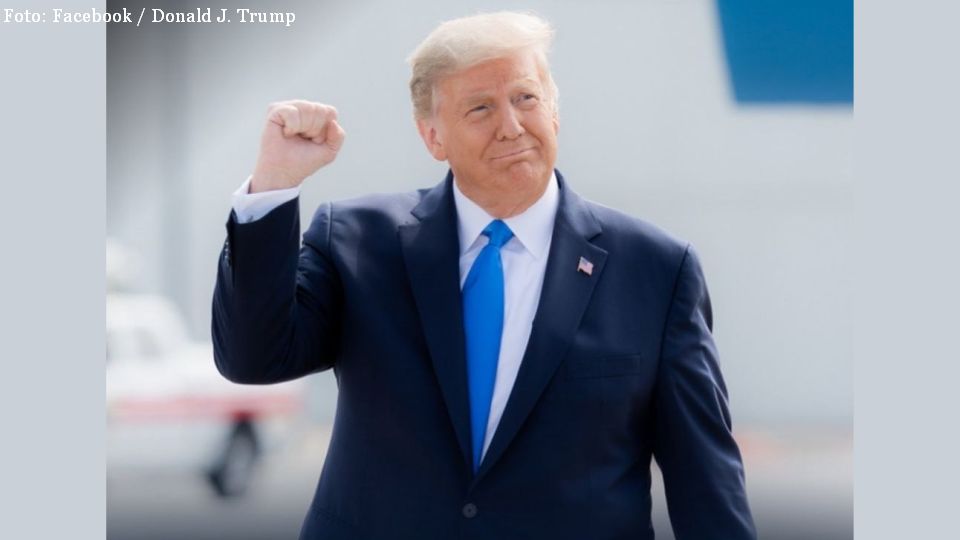The Future of the Schengen Agreement
A look at the future of the free movement area in Europe.

Corina Cristea, 16.10.2015, 13:28
Germany’s open door policy is a magnet for Afghans and Pakistanis, and was a morally motivated gesture, but it also means that Angela Merkel has to pass the test of protecting the European community and its external borders. This statement was made by the President of the European Council, Donald Tusk, who also alleged that some of EU’s neighboring states use the refugees as a hybrid warfare weapon, in order to elicit favors from the EU. Tusk also warned that if EU’s external borders were not secured, the Schengen free movement area would collapse, and the fear struck into Schengen country populations would favor the rise of radical political parties.
According to the latest data, since the beginning of the year, over 310,000 refugees are supposed to have reached Greece, by sailing across the Aegean from Turkey. At the same time, the Turkish authorities have prevented only a few tens of thousands of refugees from reaching the EU.
An agreement has been announced between the EU and Turkey; under it, the EU would increase financial aid to Ankara, and would receive refugees from Turkey, while Turkey commits to building six new refugee camps.
According to the European Agency for the Management of Operational Cooperation at the External Borders of the Member States of the European Union, Frontex, in the first nine months of this year, over 710,000 refugees reached EU territory, while throughout last year only 282,000 did.
Recently, Frontex called on EU member states to provide 800 border police personnel in order to manage what they referred to as migration pressure. Frontex’s Executive Director, Fabrice Legger, said that some member states have to understand that, instead of deploying hundreds of police on their national borders, they should send them to guard the external borders of the EU.
The wave of immigrants, the largest in the last half century, has raised questions on the future of the free movement area in Europe, which allows 400 million citizens in 26 EU member states and many others from outside, to circulate free of border controls.
This freedom of movement brings both benefits and risks, and the Schengen area member states have to manage both. The situation created by the hundreds of thousands of migrants complicates things even more, 30 years since Belgium, France, Germany, Luxembourg and Holland signed the Schengen Agreement, on removing gradually border controls on mutual frontiers.
Bucharest has been eyeing with envy the Schengen area for a while. Romania should have become a member in 2011, since the country meets the technical criteria. The situation created by the migration wave could be seen as a test for Romania in terms of acting as a Schengen member should, and at the same time contributing to a solution to the crisis.
President Klaus Iohannis: “Romania is, and wishes to further be, part of the solution. Romania acts in solidarity with the other EU member states. Our approach is always based, in this context, on solidarity and responsibility. We will continue to stand next to other member countries, contributing to solutions. Securing external borders, that is one chapter under which Romania does very well. Even if Romania is not yet a Schengen member country, it takes very seriously its mission of defending the EU’s external borders, with the best of results. Romania is acting as a de facto member of Schengen.”
Over the last few years, Romania’s joining the free movement area has been postponed by the EU for domestic policy reasons of some member states, and the Justice and Home Affairs Council, held in early October, failed again to discuss the matter. Bucharest itself asked the matter to be taken off the agenda of the Council, because, as PM Victor Ponta said, it was clear that a positive decision was out of the question. Recently, at a conference organized by Parliament’s Special Committee on Romania’s Accession to the Schengen Area, former foreign minister Titus Corlatean said that Schengen accession has less to do with what Romania does technically, and more with the unfavorable political atmosphere in Europe, this time because of the wave of migration.
Titus Corlatean: “The reports issued by the many and variegated Frontex teams that spent time on Romania’s borders are apparently meant only for the eyes of the European Agency, Frontex, and do not reach the desks of political decision makers. There have always been factors that prevented accession, and generally speaking, there have been factors external to Romania, to speak very directly and in political terms.”
The general perception is that, over the next few months, the attitude of Schengen area member states will not change enough to give Romania chances of joining them any time soon.






























